The safety and wellbeing of the world’s oceans and marine life has been a hot topic of late, especially as we all start to minimise our plastic usage and incorporate more eco-friendly products in our daily lives. We make a conscious effort to use fabric shopping bags, drink from glass or metal straws and recycle all our packaging, but have you ever considered your sunscreen’s impact on the oceans?
When the island of Hawaii announced in 2018 that they were banning certain sunscreens because of their effect on coral reef, many people were shocked. In countries like South Africa where the sun is particularly harsh, applying sunscreen has become second nature. We tend to reach for trusted and affordable brands without giving our purchases much thought. But what if your sunscreen was harming an already vulnerable ocean?
Being the first American state to ban the sale of certain sunscreens, Hawaii is paving the way for a trend that will very soon spread across the globe. But what lead to this new law that will take effect in January 2021? It all started when scientists at the non-profit scientific organization, Haereticus Environmental Laboratory, discovered that the ingredients oxybenzone and octinoxate contribute to coral bleaching. According to hawaai.com, “When coral bleaches, it is not dead, but under significant stress and subject to increased mortality levels. According to the National Park Service, 14,000 tons of sunscreen enter coral reefs every year. These now banned chemicals are believed to be one of the contributing factors to the coral reef destruction. Most popular sunscreen brands are known to contain these dangerous chemicals.”
When you swim in the ocean with sunscreen on, the chemicals seep into the water and are absorbed by coral. But even if you don’t swim, and simply take a shower to remove the sunscreen from your body, it still goes through the water system and lands up in the ocean! This is more prevalent in tourist-rich coastal cities, and the Oceanic Society estimates that by 2020, more than a billion people will be visiting oceans for recreation, which is a scary thought, to say the least.
Many brands are starting to take note of their impact on the environment, and we’ve been pleasantly surprised to see that more and more measures are being taken to ensure protection of the ocean. One of those brands is French pharmacy favourite Eau Thermale Avène. Known for their incredible Thermal Water Spray, they also produce a wide range of sun protection products safe for the whole family. Their “Skin Protect, Ocean Respect” pledge has seen them promise to produce effective sunscreen products that are safe for the skin, as well as the ocean and marine life. They’ve done extensive research on the effect of sunscreens on the skin and the ocean, and all their sunscreens now contain the unique Sunsitive™ compound, which is free of any of the ingredients that are harmful for the ocean and marine life. But before we get to more of that, let’s take a deeper look at the problem at hand.
Which ingredients in ordinary sunscreens cause harm to marine life?
Sunscreens contain what we call sun filters, which are responsible for the UVA & UVB protection in a sunscreen. These filters can be mineral screens, that reflect the UV rays, or chemical/organic filters that absorb UV rays, transform them and release them as heat. There are various types of sun filters on the market. Recent studies have shown that some of the commonly used filters can have a negative impact on marine eco-systems. Some of the common filters in the negative spotlight include octocrylene, octinoxate, oxybenzone, and homosalate.
How do these particular ingredients harm marine life?
If these filters reach the ocean and dilute in the water, they can accumulate and be digested by marine organisms and harm their natural functionality. The biggest impact has been shown on corals. Corals are a vital part of marine eco-systems and are essential to the existence of numerous unicellular plants, bacteria and fish, so damaging corals could have a ripple effect on the food chain.
Octocrylene has been shown to accumulate as fatty acids on corals and trigger cell mitochondrial dysfunction. Studies have shown that octinoxate can bleach the corals and contribute to the dysfunction and mortality of corals. The filter has also been identified in various species of fish worldwide, which has possible consequences on the food chain.
Do these ingredients harm your own skin and health?
Some studies have shown that Octocrylene can cause photo-contact allergies (once exposed to UV) in adults and contact allergy in children. Some studies have reported octinoxate, oxybenzone and homosalate as being endocrine disruptors. Endocryne disruptors are chemicals that can interfere with endocrine (or hormonal) systems.
To learn more about Avene’s Skin Protect Ocean Respect pledge, we chatted to Avène‘s Charize Neill to get answers to some of our most pressing questions about how their range of sunscreen is safe for you and the environment.
What ingredients are in the unique Sunsitive compound?
The Sunsitive formula is one of a kind and is structured as follows:
4 Sun Filters:
- TINOSORB M: organic screen
- TINOSORB S: chemical filter
- UVASORB HEB: chemical filter
- PARSOL 1789: chemical filter
Antioxidant Complex:
Pre-tocopheryl and Thialidine offers a double mechanism of antioxidant action for complete cellular protection against oxidative stress caused by free radicals.
Avène Thermal Spring Water
Soothes, softens and helps limit UV-induced skin irritation.
How is the Sunsitive compound safe?
Eau Thermale Avène Sun Care products fulfil a unique dual commitment: to offer optimal photoprotection for sensitive skin, while minimizing environmental impact. It offers very broad spectrum UVB-UVA coverage, that is photostable and water resistant.
The minimum number of 4 carefully selected sun filters ensures optimal skin tolerance with no controversial or phototoxic ingredients. Free from controversial filters like octocrylene, octinoxate, oxybenzone and homosalate. No silicone ensures improved biodegradability.
Do all Avène sunscreens contain the new Sunsitive compound?
Our entire “Orange” sun care range found in South Africa contains this compound. The only product that doesn’t is our Mineral Sunscreen, which has a different filtering system for intolerant and hypersensitive skin types.
We’re long-time fans of Avène, and this latest development in their range has given us an even greater admiration for the brand. A couple of our favourite sunscreen products are:
*new* Avène Hydra-Protective Texture Lotion SPF50, R299.95
This lotion offers lasting hydration for up to six hours and protects the skin against dryness and tightness.
*new* Avène Anti-Aggression Barrier Protection Spray SPF50, R295.95
Ideal for children with sensitive and exposed skin, this convenient spray shields the skin from daily aggressors. On contact with the skin, the formula transforms into a water-in-oil emulsion, which creates a long-lasting protective film.
Avène Dry Touch Fluid SPF50, R239.95
A long-time favourite, this trusty fluid now has an added antioxidant to its formulation. Not only does it help protect the skin from burning and ageing prematurely, but it also protects against attacks from UV-generated free radicals.
Avène Anti-Aging Sunscreen SPF50+, R229.95
Suitable for sensitive skins, this cream helps restore firmness and elasticity while protecting from the sun. It rubs into the skin easily without leaving any white marks.
EVEN MORE REASON TO BUY:
R10 of every Avène Sun Care product sold from November to December 2019 will be donated towards turtle conservation initiatives along the Southern African coast in partnership with White Pearl Resorts.
To learn more about Avène, visit their website: https://www.eau-thermale-avene.co.za/
Are you taking steps to ensure your beauty products don’t harm the environment? Tell us in the comments section below.
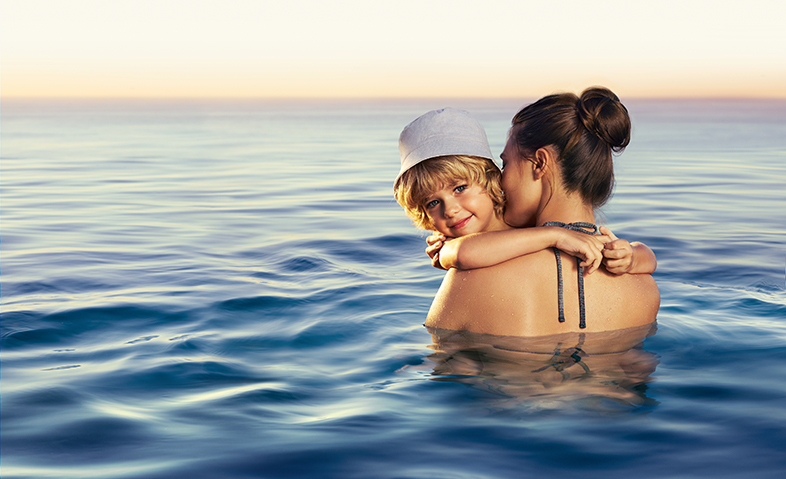
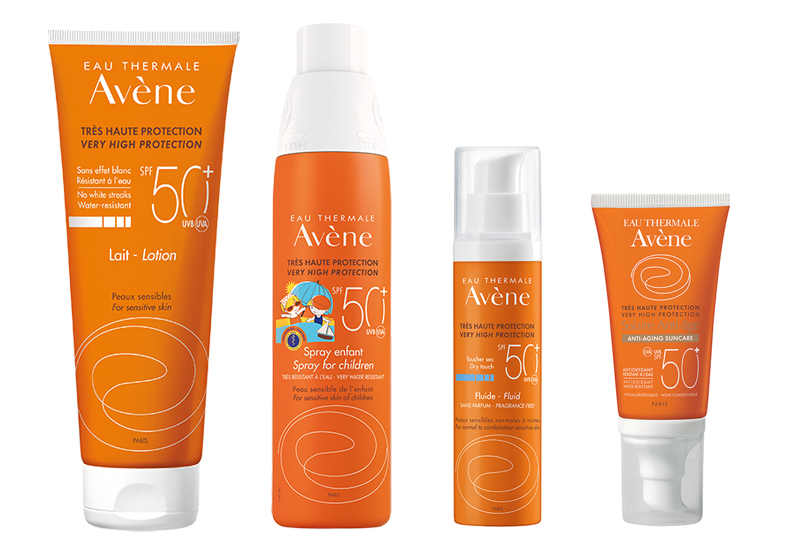
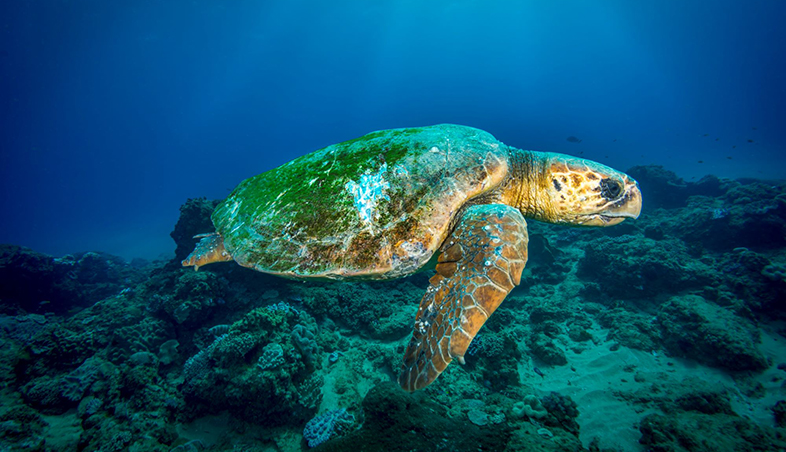

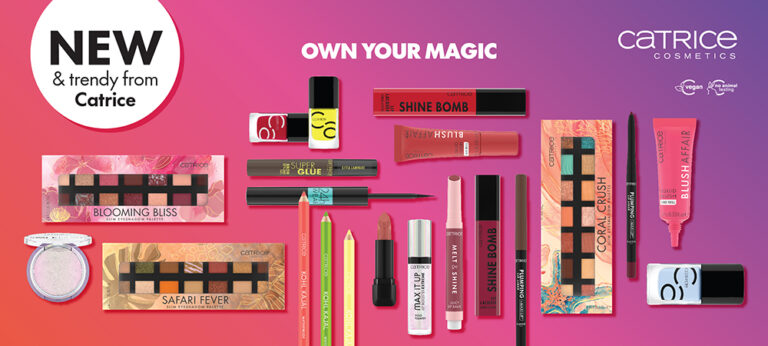
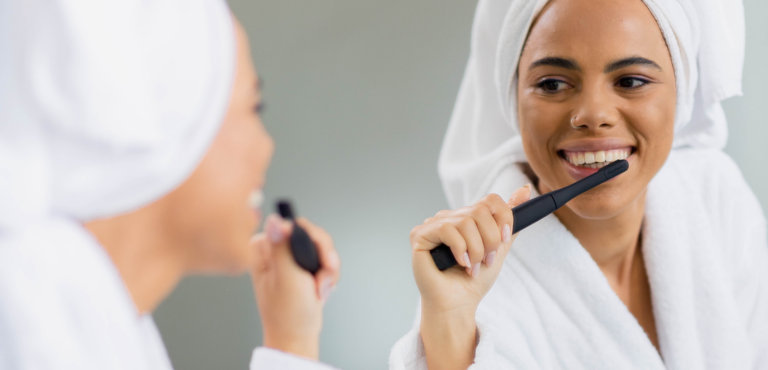

2 Responses
I’m getting the Avene anti-aging sunscreen spf50+ Doee Dischem stock this?
Hi Francis, Dis-Chem is an Avene stockist so you should be able to find the Anti-Aging Sunscreen at your nearest store.